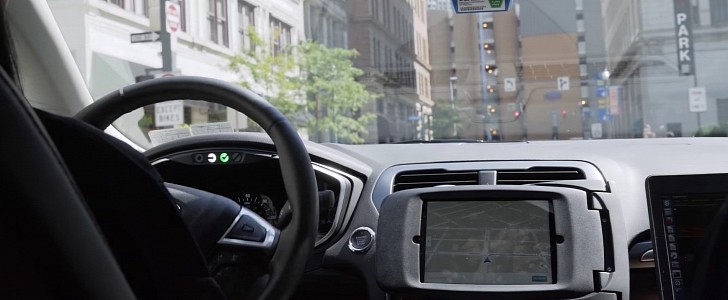Uber Technologies, the company that operates the Uber app, has announced it will launch an optional program in three U.S. cities that allows both drivers and riders to record audio during trips and then send the recordings to the company in the case of a safety incident. This is a first in the U.S., but not a first for Uber.
Users in Kansas City (Missouri), Louisville (Kentucky), and Raleigh-Durham (North Carolina) will be able to opt for audio recording during individual trips through the Uber app. The feature will appear later this month once they update the app, and it will not be available in other cities until the trial run is concluded.
The first introduction of the audio record feature during Uber trips was in Latin America in 2019, and the feature gradually rolled out in the region until it became available in 14 countries. The idea is that both passengers and drivers can make a report of their trip to Uber, and they will now have an audio recording to demonstrate their side of the story.
As Uber explains, riders are alerted to drivers potentially recording a trip through an in-app banner, and they can cancel the recording for their trip if they are uncomfortable with it. The company has not specified if the system works the other way round, but that could allow drivers to cancel the recording on each trip if we think about it.
The audio recording part will not be the only safety feature that will be implemented in the app, as riders will also get reminders to wear their seatbelts, but also the ability to detect any unexpected route changes and stops along the way to a final destination, as Tech Crunch reports.
We must note that the advantage of this feature over a recording made on your phone with the built-in recorder and microphone is that it will be correlated to a specific trip, and it can be sent directly for analysis to Uber. Recording someone else with a concealed device might be illegal in some states (and in some countries), so do not get any ideas here.
Both the driver's phone and the rider's phone will have a prompt to instruct the rider to wear their seatbelt at the beginning of a trip. In case you do not buckle up when you ride as a passenger in a vehicle, we would like to remind you that physics also works in the back seat of a vehicle, not just for the front occupants, and that a vehicle's speed is the same for all occupants.
The first introduction of the audio record feature during Uber trips was in Latin America in 2019, and the feature gradually rolled out in the region until it became available in 14 countries. The idea is that both passengers and drivers can make a report of their trip to Uber, and they will now have an audio recording to demonstrate their side of the story.
As Uber explains, riders are alerted to drivers potentially recording a trip through an in-app banner, and they can cancel the recording for their trip if they are uncomfortable with it. The company has not specified if the system works the other way round, but that could allow drivers to cancel the recording on each trip if we think about it.
The audio recording part will not be the only safety feature that will be implemented in the app, as riders will also get reminders to wear their seatbelts, but also the ability to detect any unexpected route changes and stops along the way to a final destination, as Tech Crunch reports.
We must note that the advantage of this feature over a recording made on your phone with the built-in recorder and microphone is that it will be correlated to a specific trip, and it can be sent directly for analysis to Uber. Recording someone else with a concealed device might be illegal in some states (and in some countries), so do not get any ideas here.
Both the driver's phone and the rider's phone will have a prompt to instruct the rider to wear their seatbelt at the beginning of a trip. In case you do not buckle up when you ride as a passenger in a vehicle, we would like to remind you that physics also works in the back seat of a vehicle, not just for the front occupants, and that a vehicle's speed is the same for all occupants.










